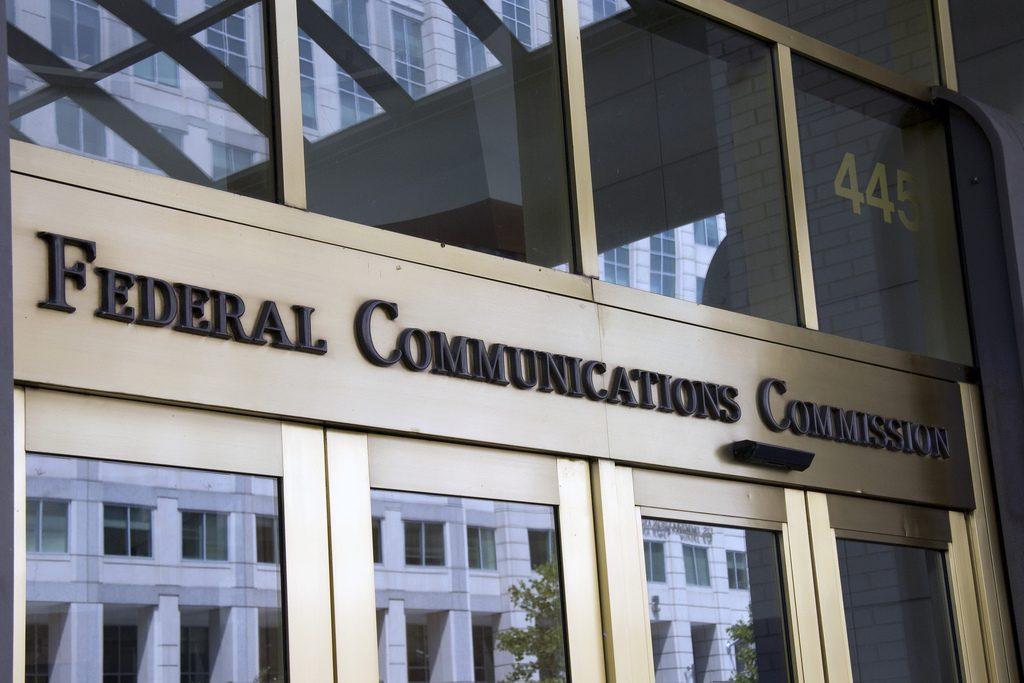On Dec. 14, the FCC will vote on whether or not to retain Obama-era policies that currently serve to ensure that Internet Service Providers facilitate equal access to all web pages. In an effort to maintain these policies, known as Net Neutrality, protests are being held across the nation on Thursday, Dec. 7, at Verizon retail stores.
Cameron Philo, a second-year electrical engineering undergraduate at Michigan Tech, has organized an event of his own to support Net Neutrality. He requests that other proponents of Net Neutrality in the Houghton area refrain from protesting at the local Verizon retailer and instead consider attending his banner signing and info-session events.
“The ‘Verizon store’ in Houghton is not actually a Verizon store,” explained Philo. “It’s a locally-owned business that sells many Verizon products among other things. The owner of that business is not responsible for this.”
Philo’s banner signing event will occur Thursday, Dec. 7 from 1 p.m. to 4 p.m. by the Husky statue on the Michigan Tech campus. The banner signing is meant to raise awareness and demonstrate the massive volume of support Net Neutrality has among college students. On the same day, at 7 p.m. in Fisher 139, Philo and other Net Neutrality supporters will be offering an information session to explain “what net neutrality is, why it’s important, and what you as an individual can do about it,” said Philo. These events are open to both college students and community members.
“Despite what lobbyists would have you believe, this is absolutely not a partisan issue. This will impact everybody regardless of where people stand on other political issues,” said Philo. “The ability to freely speak on the internet is important for regular people and small businesses. If Net Neutrality is overturned, certain large corporations like Comcast and Verizon will be able to control our free speech and what we can see online. The internet needs to be open for everyone to use and not limited by whatever corporations deem to be appropriate.”
The legal foundation of Net Neutrality is Title II of the Communications Act of 1934. This regulation prevents ISPs from tampering with the loading speeds of various web pages.
“If the Title II regulations go away, Verizon and Comcast have a lot of freedom in what you can see,” Philo said. “They can slow down any website that they don’t want you to visit. Obviously, if I paid for Comcast, I would never be able to see an AT&T website in my life because Comcast would not allow that. They can make those pages load so slowly that they’d be unusable. They can limit small businesses or the websites of organizations with differing opinions from them. They could charge you extra money for each individual website that you want to visit. They could do almost anything.”
According to Philo, the push to repeal Net Neutrality regulations is propelled by excessive lobbying by ISPs of FCC officials and congressional representatives, who seek to interfere with free access to the websites of their competitors.
“Currently, the FCC has a panel of five commissioners who will be voting on this. The chairman of that panel used to be a lawyer for Verizon and argued against Net Neutrality a couple of years ago to try to get Verizon whatever they want in terms of controlling the internet. Another commissioner is his [the first chairman’s] ex-legal advisor. So, obviously, they’re a little bit biased in those regards,” he explained.
Without Title II regulations, Philo believes our access to the Internet may be limited solely to websites that are government-approved, much like in China, Russia, or Saudi Arabia. “In those countries,” he said, “you only see what the government wants you to see. That’s a big issue because a lot of these people don’t know about what’s really happening in the world.”
In addition to attending the banner signing and information session events, concerned citizens can also contact the FCC and Congress directly.
“Email the FCC and your congressional representative. Spread your voice while you still have the freedom to do so. The two women on the FCC board are currently in favor of Net Neutrality. Email them a thank you. Email the people who are currently saying they’ll vote against it. Tell them why the Internet is important to you. If the FCC votes against Net Neutrality, Congress has oversight power, so they could still potentially pass legislation to keep Net Neutrality in place. Let your representative know that you vote in favor of net neutrality. You can email, you can tweet, you can set up meetings and speak with them in person,” said Philo.
“Just get your voice out there. This could change the future of the internet and our country. From now until Dec. 14, do not stop talking about this.”
For more resources, visit https://www.battleforthenet.com/.





